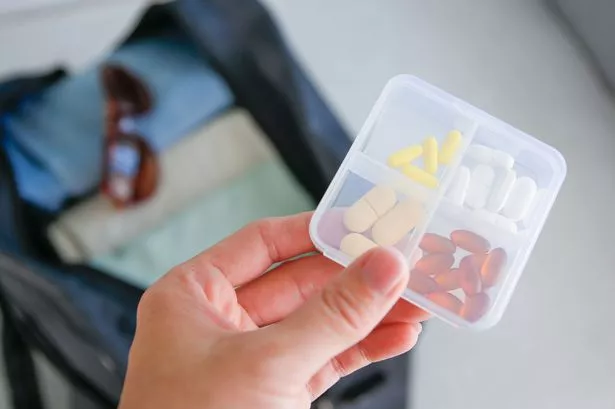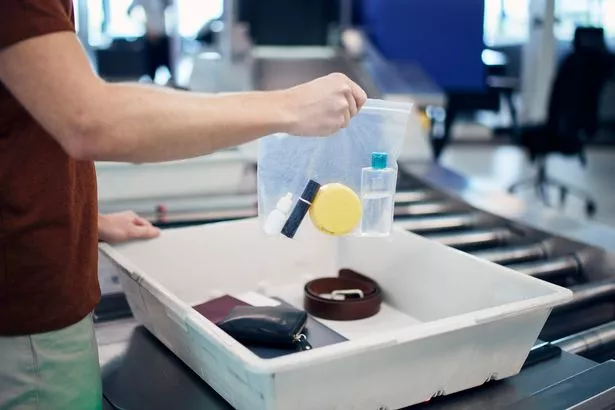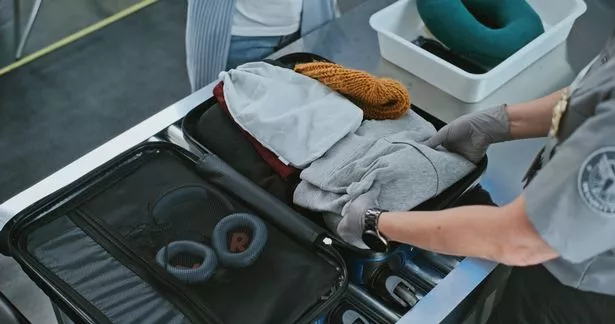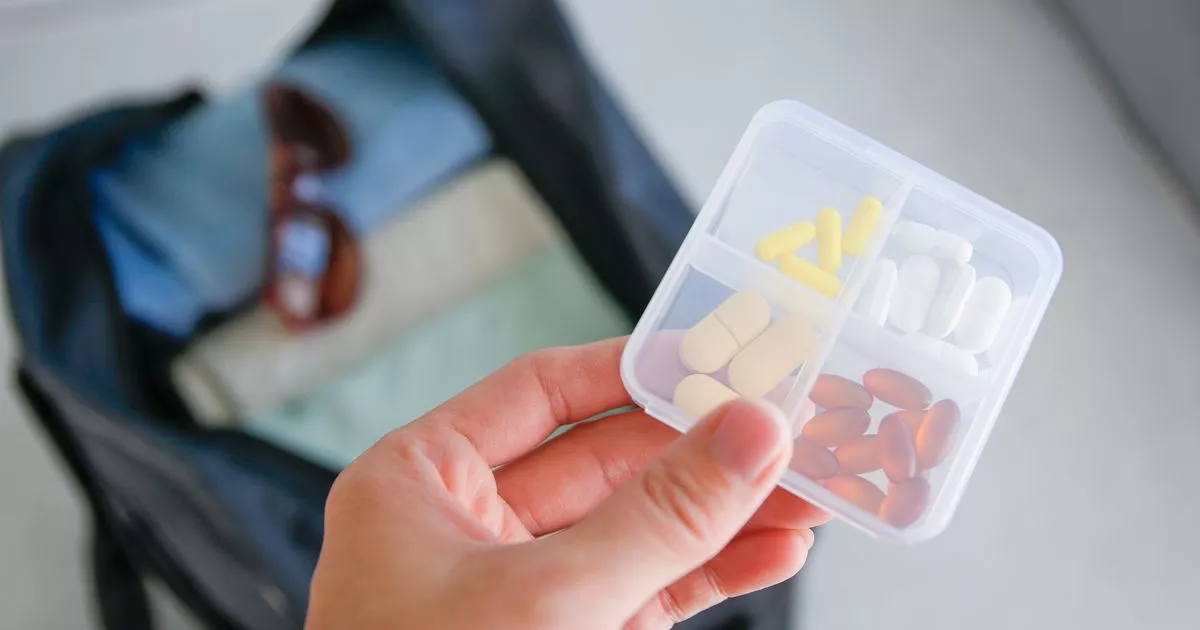Pharmacist issues important advice about prescriptions as the peak holiday season approaches
11:05, 25 Jun 2025Updated 12:18, 25 Jun 2025
 Important travel warning for people taking medication abroad this summer(Image: Getty)
Important travel warning for people taking medication abroad this summer(Image: Getty)
As millions of people across the UK gear up for summer holidays, important travel advice has been issued to anyone planning on taking medication with them. A leading pharmacist is urging people to plan ahead, or risk being caught out by strict medication rules in popular holiday hotspots.
Peter Thnoia is the superintendent pharmacist at PillTime. He’s warning that some everyday UK prescriptions could be banned overseas, and that last-minute orders could leave travellers short. In a fresh reminder ahead of the school holidays, the pharmacist is advising people to order medication at least two weeks before jetting off.
He also advises about the importance of having the right paperwork, or you risk having your prescription confiscated at the airport. He urges people to check the rules of their destinations, as some everyday meds, like Co-codamol, are banned in some holiday hotspots.
Peter is calling on holidaymakers to order prescriptions at least 14 days before travelling and to inform their GP if they request medication earlier than usual. “We’d always recommend people putting in their prescription requests around two weeks before, but if you’re ordering earlier than normal, your GP might flag or reject the request,” says Peter.
“If that’s the case, then you need to contact your GP in good time, explaining your holiday, so they can approve the request.” With over 25 years’ worth of experience in the pharmacy sector, Peter says many people leave prescriptions until the last minute, adding unnecessary stress before a trip.
 The pharmacist is advising about the importance of having the right paperwork
The pharmacist is advising about the importance of having the right paperwork
“Pharmacies are used to busy periods, but late requests pile on pressure for everyone,” he said. “Ordering in good time helps us get your medication to you without hassle – and gives you peace of mind as your holiday approaches.”
But it’s not just the ordering on time that matters. Peter advises travellers to carry medication correctly to avoid issues at security or border control. “Always keep your medication in your hand luggage, in its original packaging with the prescription label intact.
“Security staff may need to verify it, especially if it’s liquid or regulated,” he added. “If you’re unsure, ask your doctor or pharmacist for a supporting letter. This can be especially helpful when travelling with larger quantities.”
 Peter is calling on holidaymakers to order prescriptions at least 14 days before travellingWhat medication can cause problems?
Peter is calling on holidaymakers to order prescriptions at least 14 days before travellingWhat medication can cause problems?
As the six-week holiday approaches, Peter shares one simple tip for making sure your holiday goes ‘without a hitch’. He says: “Know the rules of the country you’re travelling to, because you’d be surprised how many everyday tablets are banned or regulated abroad.”
He continued: “For example, Co-codamol is available over the counter and in supermarkets here in the UK. But in Greece, the codeine element is treated as a controlled drug – so you can only bring it into the country with a prescription and a doctor’s note.”
According to data from Open Prescribing, over 3.5 million prescriptions have been issued for Co-codamol so far this year (January-March 2025). Whilst lower strengths of Co-codamol can be bought over the counter, stronger doses require a prescription in the UK.
 People should check the rules of their destinations
People should check the rules of their destinations
This means that for the millions of Brits who rely on this medication for pain management, millions could be at risk of taking medication on holiday that may be restricted outside the UK. Examples of countries that may ban or restrict medications like codeine, tramadol, and loperamide include:
- Japan: Has intricate regulations concerning prescription and over-the-counter drugs. Some widely used allergy and cold treatments, including those with pseudoephedrine, are either prohibited or necessitate special authorisation. Attempting to bring in banned drugs may lead to arrest.
- Indonesia: Prohibits medications that contain codeine and tramadol.
- Qatar: Certain over-the-counter cold treatments require a prescription.
- India, Pakistan, Turkey: Maintain stringent lists of banned medications, and travellers are advised to consult their respective embassies prior to carrying any drugs.
- United Arab Emirates: Enforces strict regulations on numerous prescription medications, including those with codeine, tramadol, and specific anxiety drugs.
Certain countries also have strict rules regarding medications that include pseudoephedrine and other components typically present in cold and allergy treatments. Pseudoephedrine is a common ingredient in decongestants like Sudafed, for instance. This is largely due to worries about the possible abuse of these drugs for the illicit manufacture of substances, especially methamphetamine.
What you should do:
Peter recommends: “If you’re unsure whether your medication is restricted in the country you’re travelling to, then check the official embassy website for your destination. It will explain exactly what you can—and can’t—bring into the country. It’s always best to be safe and check before you travel so that you have all the essential medication you need to make sure your holiday is as enjoyable as possible.”
Consult your doctor about your travel plans and the medication you require. They can issue a letter detailing your need for medication and may suggest alternatives if necessary. Always keep your medication in its original packaging, ensuring the prescription label is clearly visible. If needed, apply for any required permits or licenses well ahead of your travel date. If you must declare your medication at customs, be ready for possible delays.
